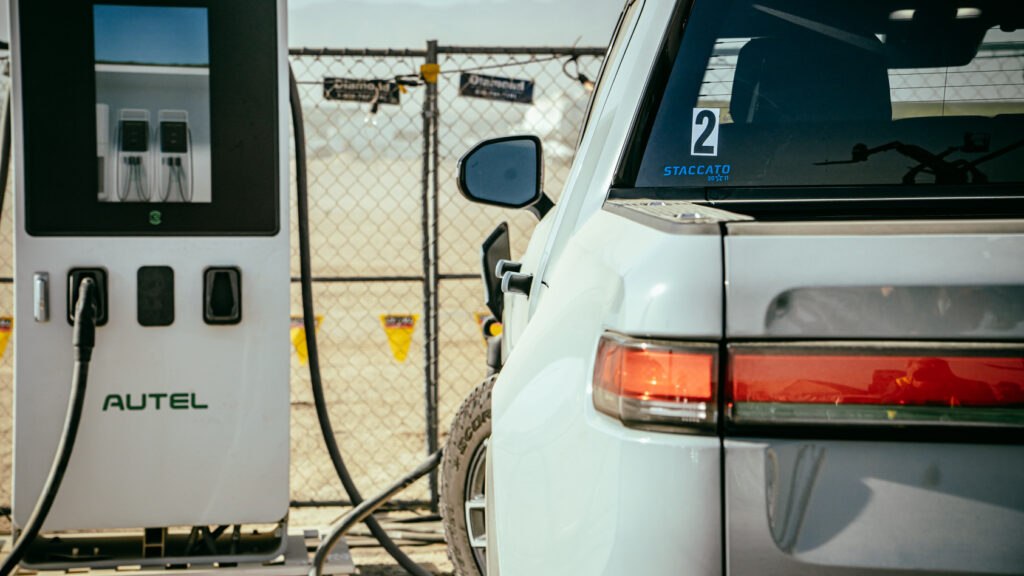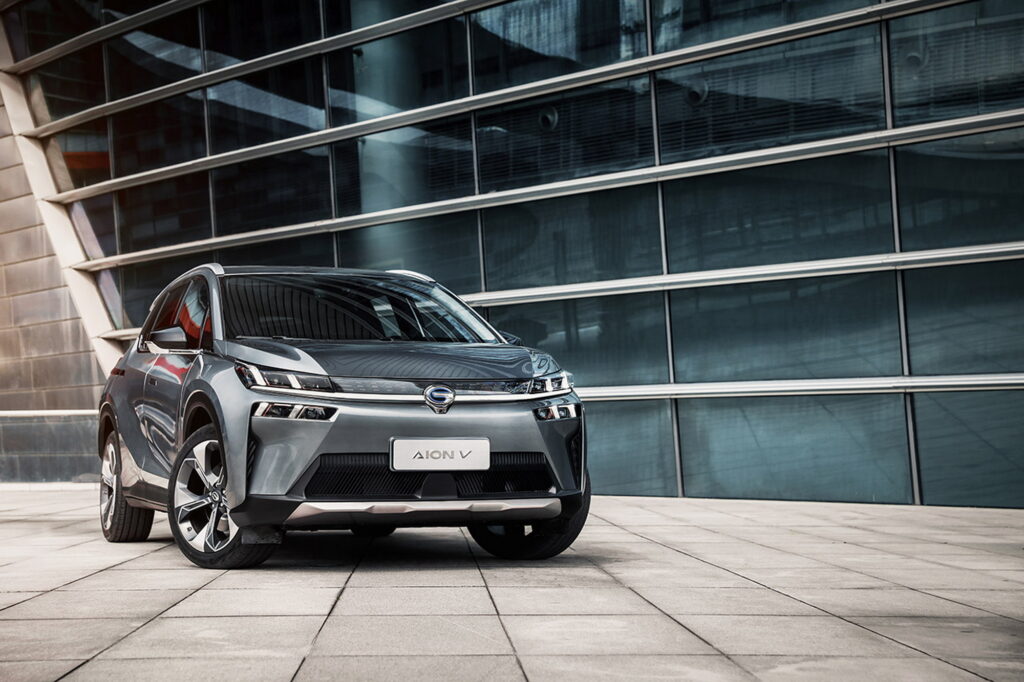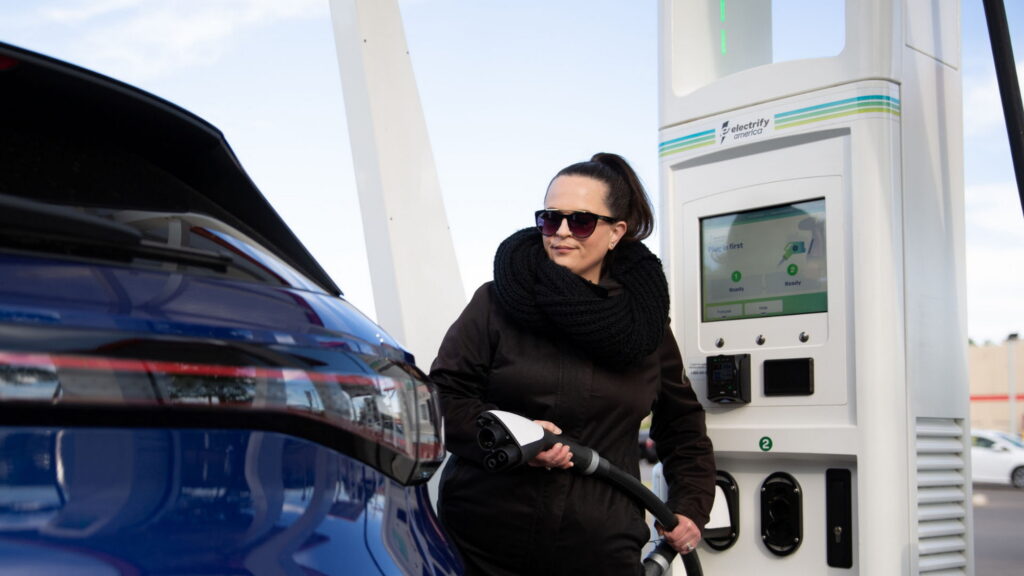A Chinese startup claims to have achieved a breakthrough in thermal management for automotive batteries that can allow them to operate efficiently at high and low temperatures, and can deliver as much as 621 miles (1,000 km) of range.
The company is called Greater Bay Technology, and its “Phoenix” battery cell features superconducting materials that facilitate new thermal management technology. That allows it to heat a cell from -4 °F to 77 °F (-20 °C to 25 °C) in as little as five minutes, allowing it to charge and discharge more efficiently, Bloomberg reports.
“We all know the range of EVs is greatly affected in cold regions, making it a terrible user experience,” said Huang Xiangdong, the company’s co-founder and chairman. “The Phoenix battery not only addresses the long charging time for EVs, but other pain points. It doesn’t matter if it’s a hot day or a cold day, the Phoenix battery’s range won’t be affected.”
Read: Here’s How Much Cold Temperatures Actually Affect EV Range

As has been widely reported, electric vehicle batteries operate most efficiently at relatively mild temperatures. Cold winter temperatures of 20 °F to 30 °F (-7 °C to -1 °C) can shorten the driving range on certain EVs by as much as 30 percent, though that varies from vehicle to vehicle. Greater Bay Technology hopes to eliminate that range loss completely.
Unfortunately, it will take some time before the Phoenix battery cell is ready to start powering vehicles. The company says that it will be installed in future vehicles from Aion, which is owned by Guangzhou Automobile Group Co. (GAC). However, it adds that it will also power vehicles from other automakers. Vehicles with the Phoenix cell will be able to go up to 621 miles (1,000 km) per charge.
The company was spun off from GAC in 2020. Since then, it has become what investors refer to as a “unicorn,” or a startup valued at over $1 billion. That’s largely because of its first-generation of battery technology, which aims to recharge as quickly as a gas tank fills.
The company estimates that the first-gen fast-charging cell is able to recuperate 311 miles (500 km) of range in as little as 15 minutes, provided the charger can supply enough power to the car. The battery is already fitted to the Aion V Plus electric SUV.





